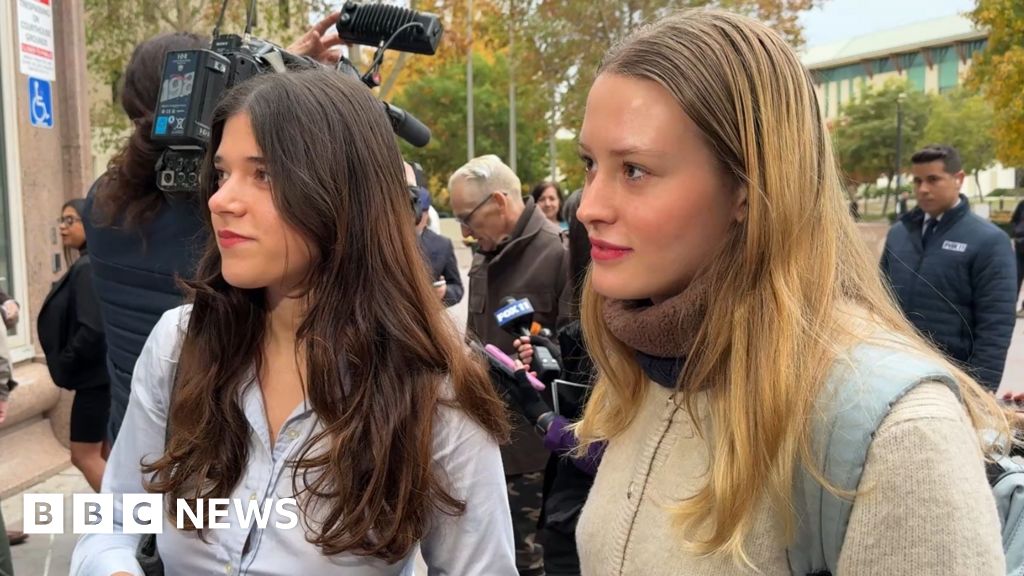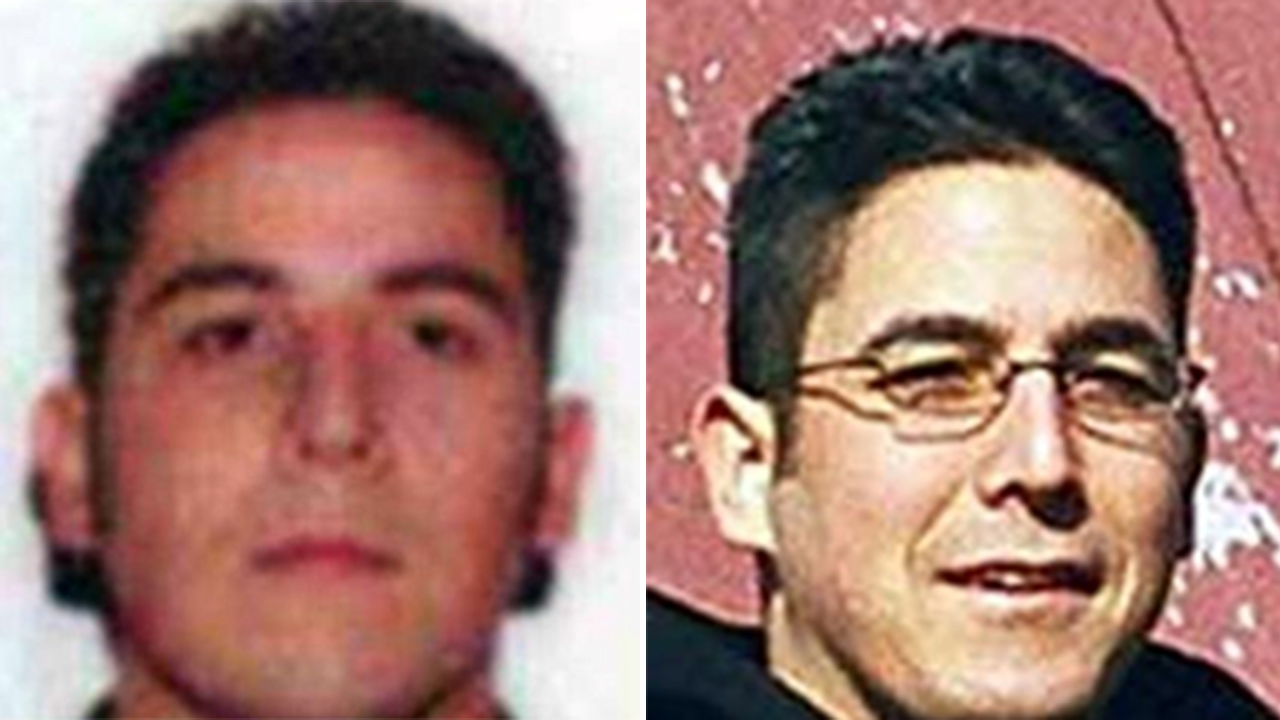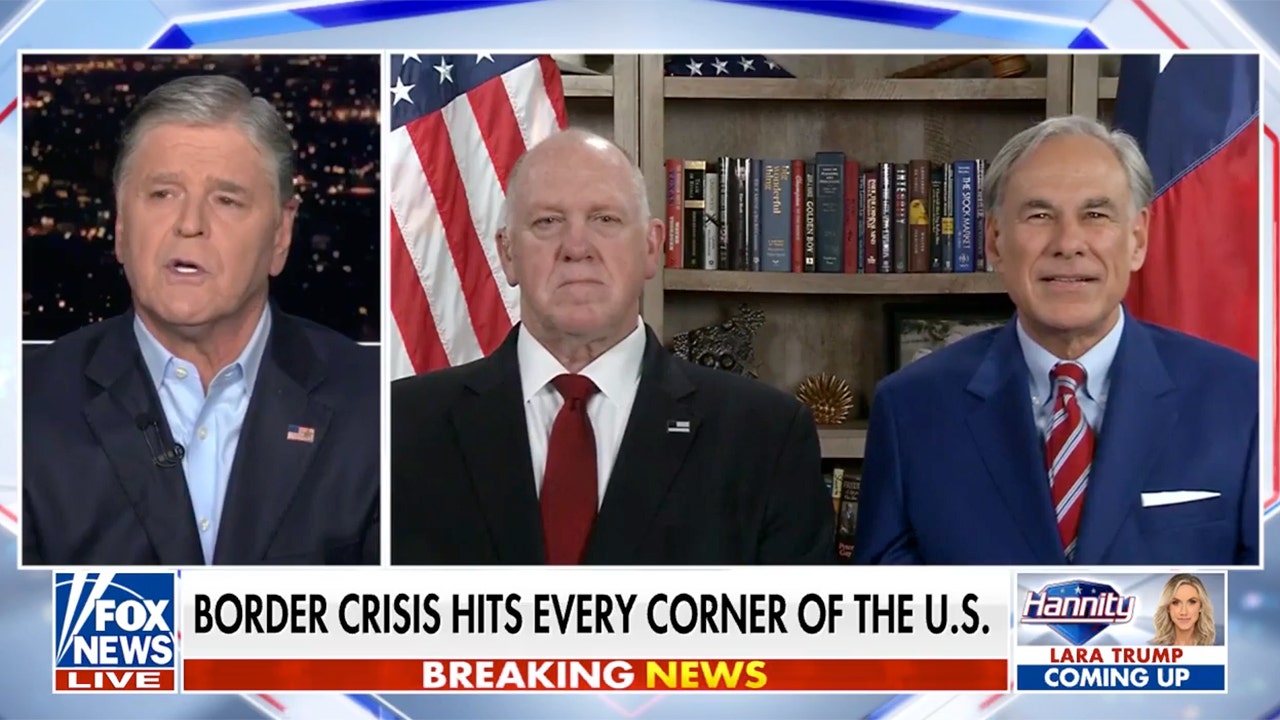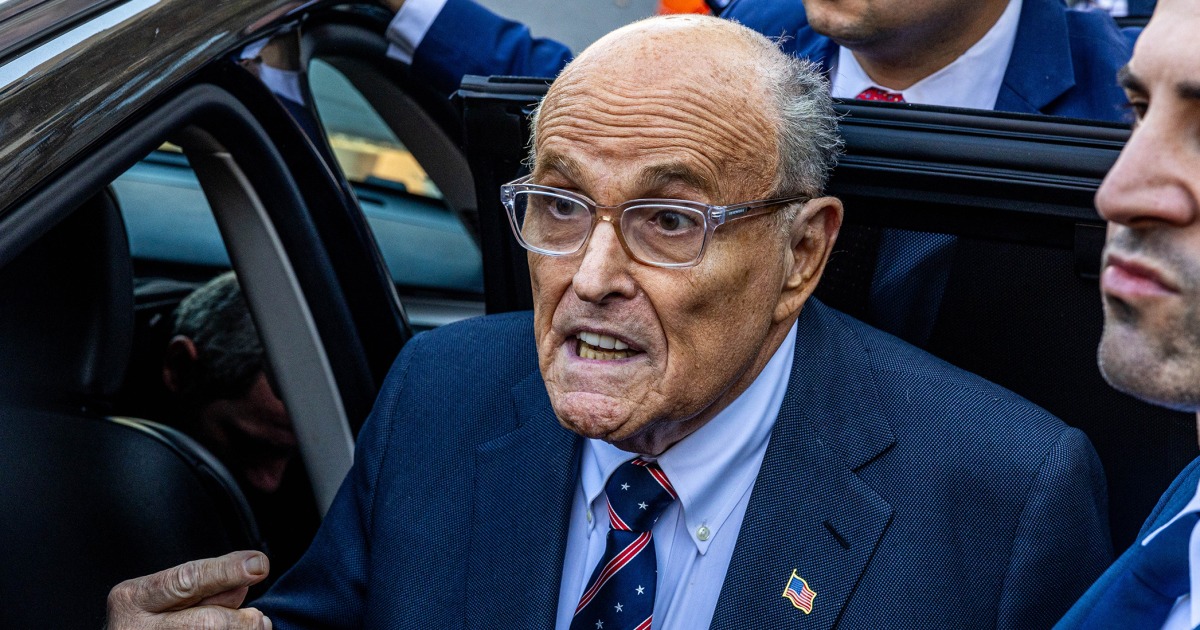
The Teflon Endures: Jack Smith Ends Trump Prosecutions
Posted on 11/26/2024

ONCE AGAIN, DONALD J. TRUMP HAS ACHIEVED the impossible: With his re-election, he has managed to kill two federal criminal indictments stemming from his egregious misconduct during his first term in office. On Monday, Special Counsel Jack Smith moved to dismiss the four-count indictment pending against Trump in Washington, D.C., for his role in the effort to overturn the 2020 election, including the January 6th insurrection. Minutes later, Smith moved to withdraw his appeal of Judge Aileen Cannon’s preposterous dismissal of the indictment the special counsel filed in Florida around Trump’s taking classified material and hiding it at Mar-a-Lago.
Although Trump brazenly gamed the system, evading the rules that apply to everyone else—including the nearly 1,500 criminally charged followers who stormed the Capitol at his behest—there’s plenty of other blame to go around.
Attorney General Merrick Garland deserves blame for waiting until late 2022—nearly two years into Joe Biden’s presidency—to appoint Smith or otherwise take any action against Trump for the chaos and violence of January 6th. Smith acted swiftly and ably, but Garland had him running against the clock from Day One.
The FBI’s search of Mar-a-Lago occurred in August of that year, and Garland appointed Smith in November, three days after Trump announced his second run for the presidency. And here some of the blame (in hindsight) for the debacle that the Mar-a-Lago case became arguably lies with Smith: It was he who chose to indict in Florida, rather than in Washington, D.C., where Trump ordered the boxes of classified documents packed and removed in the first place. A Florida jury was always going to favor Trump. Then Smith pulled the most losing ticket possible when the case landed with Judge Cannon, a Trump appointee whose bias and incompetence was clear from the get-go, when she ordered a special master to look over the FBI’s shoulder on Trump’s behalf. No regular person would have gotten such kid-glove treatment, which continued until Cannon’s dismissal of the indictment altogether on the rationale that Smith’s appointment was unconstitutional—a ruling that, if correct, would render all special counsels illegal—including Robert Hur, who investigated Biden over the classified records found in his Delaware garage and issued a damning report.
For Trumpian enablers, what’s good for the golden goose never seems to be good for the gander.
Share
Meanwhile, in the D.C. case, Smith decided not to indict Trump for incitement of an insurrection, presumably because the conspiracy charges he did bring were cleaner and easier to prove. But that decision came back to haunt the nation when Colorado and other states tried to keep Trump off the ballot under Section 3 of the Fourteenth Amendment, which applies to office-seekers who took an oath to the Constitution and later engaged in an insurrection. The Supreme Court held in Trump v. Anderson that Congress had to specifically activate Section 3 with a statute for it to become operable. Yet Congress had already criminalized insurrection in 18 U.S.C. § 2383, specifically making it a penalty that, if convicted, the defendant “shall be incapable of holding any office under the United States.” Had Smith made a different prosecutorial decision, the Supreme Court case might have come out differently.
Nonetheless, the justices are squarely to blame for deactivating Section 3’s plain language (astonishingly, with no dissents) and for later manufacturing criminal immunity for Trump out of whole cloth and injecting it into Article II of the Constitution. Criminal immunity for presidents simply did not exist prior to the Court’s June ruling in Trump v. United States. With Trump heading back to the Oval Office, America could be grappling with that catastrophic ruling for generations.
THE COURTS WEREN’T ALONE in failing to hold Trump to account. There are the Republicans in Congress, whose senators refused to convict Trump after a half-hearted impeachment “trial” for his role in January 6th, citing a procedural technicality. In an infamous speech from the Senate floor, former Senate Majority Leader Mitch McConnell left it to the courts to save the nation from more Trumpian destruction. His gamble failed miserably, and he has stood by while Trump swallowed his party whole.
And then, of course, there are the voters, who by a razor-thin margin put Trump back in the White House to do more untold damage to individual lives, America’s standing in the world, the economy, the rule of law, and the Constitution itself.
In his motion to dismiss the January 6th case, Smith cited the Justice Department’s internal policy memos—crafted under Presidents Nixon and Clinton while they were under criminal investigation—that direct federal prosecutors to stand down on indictments of sitting presidents. Those memos are flawed as a matter of legal and rational logic. But with Trump v. United States, those DOJ internal policy memos are probably beside the point. Armed with criminal immunity, Trump knows that he can now do as he pleases, even if it means committing crimes with the massive power of the office, and that no future prosecutor will dare to try and argue that his actions somehow are “unofficial” enough to meet the Supreme Court’s tortured standard for criminal liability.
It is hard to escape the grim conclusion: No president out of office has done more to grow the power of the presidency than Donald Trump. And the fact that this strengthening of the office is the result of his misdeeds, and empowers the president to undertake further misdeeds with impunity, is profoundly disturbing.
Smith did, however, get in two last words. The DOJ memo, he emphasized, “does not turn on the gravity of the crimes charged, the strength of the Government’s proof, or the merits of the prosecution, which the Government stands fully behind.” Let’s hope that takeaway makes it into the annals of history. And second, he asked that each case be dismissed “without prejudice”—leaving open the possibility, however remote and hypothetical and difficult to imagine, that the cases against Trump could be pursued anew some distant day when he is once again out of office.
Although Trump brazenly gamed the system, evading the rules that apply to everyone else—including the nearly 1,500 criminally charged followers who stormed the Capitol at his behest—there’s plenty of other blame to go around.
Attorney General Merrick Garland deserves blame for waiting until late 2022—nearly two years into Joe Biden’s presidency—to appoint Smith or otherwise take any action against Trump for the chaos and violence of January 6th. Smith acted swiftly and ably, but Garland had him running against the clock from Day One.
The FBI’s search of Mar-a-Lago occurred in August of that year, and Garland appointed Smith in November, three days after Trump announced his second run for the presidency. And here some of the blame (in hindsight) for the debacle that the Mar-a-Lago case became arguably lies with Smith: It was he who chose to indict in Florida, rather than in Washington, D.C., where Trump ordered the boxes of classified documents packed and removed in the first place. A Florida jury was always going to favor Trump. Then Smith pulled the most losing ticket possible when the case landed with Judge Cannon, a Trump appointee whose bias and incompetence was clear from the get-go, when she ordered a special master to look over the FBI’s shoulder on Trump’s behalf. No regular person would have gotten such kid-glove treatment, which continued until Cannon’s dismissal of the indictment altogether on the rationale that Smith’s appointment was unconstitutional—a ruling that, if correct, would render all special counsels illegal—including Robert Hur, who investigated Biden over the classified records found in his Delaware garage and issued a damning report.
For Trumpian enablers, what’s good for the golden goose never seems to be good for the gander.
Share
Meanwhile, in the D.C. case, Smith decided not to indict Trump for incitement of an insurrection, presumably because the conspiracy charges he did bring were cleaner and easier to prove. But that decision came back to haunt the nation when Colorado and other states tried to keep Trump off the ballot under Section 3 of the Fourteenth Amendment, which applies to office-seekers who took an oath to the Constitution and later engaged in an insurrection. The Supreme Court held in Trump v. Anderson that Congress had to specifically activate Section 3 with a statute for it to become operable. Yet Congress had already criminalized insurrection in 18 U.S.C. § 2383, specifically making it a penalty that, if convicted, the defendant “shall be incapable of holding any office under the United States.” Had Smith made a different prosecutorial decision, the Supreme Court case might have come out differently.
Nonetheless, the justices are squarely to blame for deactivating Section 3’s plain language (astonishingly, with no dissents) and for later manufacturing criminal immunity for Trump out of whole cloth and injecting it into Article II of the Constitution. Criminal immunity for presidents simply did not exist prior to the Court’s June ruling in Trump v. United States. With Trump heading back to the Oval Office, America could be grappling with that catastrophic ruling for generations.
THE COURTS WEREN’T ALONE in failing to hold Trump to account. There are the Republicans in Congress, whose senators refused to convict Trump after a half-hearted impeachment “trial” for his role in January 6th, citing a procedural technicality. In an infamous speech from the Senate floor, former Senate Majority Leader Mitch McConnell left it to the courts to save the nation from more Trumpian destruction. His gamble failed miserably, and he has stood by while Trump swallowed his party whole.
And then, of course, there are the voters, who by a razor-thin margin put Trump back in the White House to do more untold damage to individual lives, America’s standing in the world, the economy, the rule of law, and the Constitution itself.
In his motion to dismiss the January 6th case, Smith cited the Justice Department’s internal policy memos—crafted under Presidents Nixon and Clinton while they were under criminal investigation—that direct federal prosecutors to stand down on indictments of sitting presidents. Those memos are flawed as a matter of legal and rational logic. But with Trump v. United States, those DOJ internal policy memos are probably beside the point. Armed with criminal immunity, Trump knows that he can now do as he pleases, even if it means committing crimes with the massive power of the office, and that no future prosecutor will dare to try and argue that his actions somehow are “unofficial” enough to meet the Supreme Court’s tortured standard for criminal liability.
It is hard to escape the grim conclusion: No president out of office has done more to grow the power of the presidency than Donald Trump. And the fact that this strengthening of the office is the result of his misdeeds, and empowers the president to undertake further misdeeds with impunity, is profoundly disturbing.
Smith did, however, get in two last words. The DOJ memo, he emphasized, “does not turn on the gravity of the crimes charged, the strength of the Government’s proof, or the merits of the prosecution, which the Government stands fully behind.” Let’s hope that takeaway makes it into the annals of history. And second, he asked that each case be dismissed “without prejudice”—leaving open the possibility, however remote and hypothetical and difficult to imagine, that the cases against Trump could be pursued anew some distant day when he is once again out of office.
Comments( 0 )
0 0 2
0 0 4
0 0 3
0 0 4























